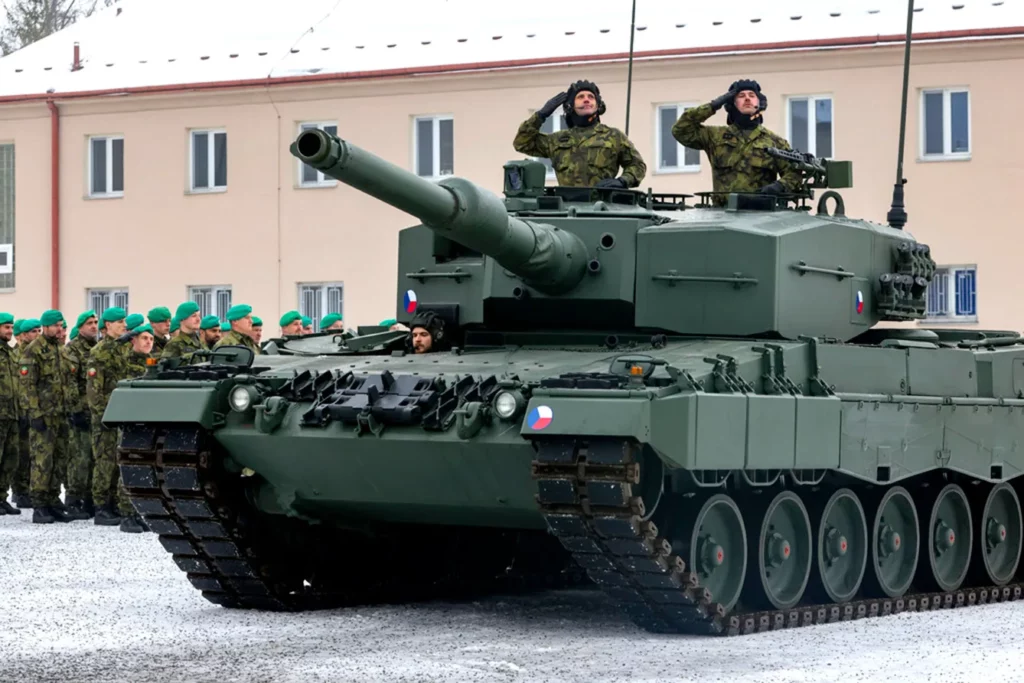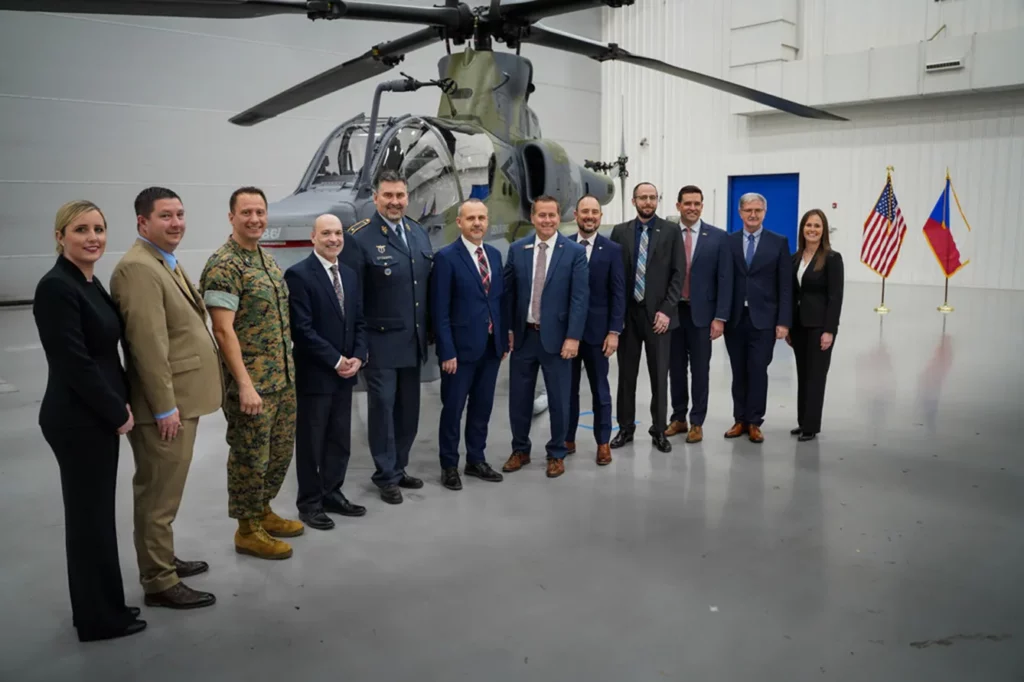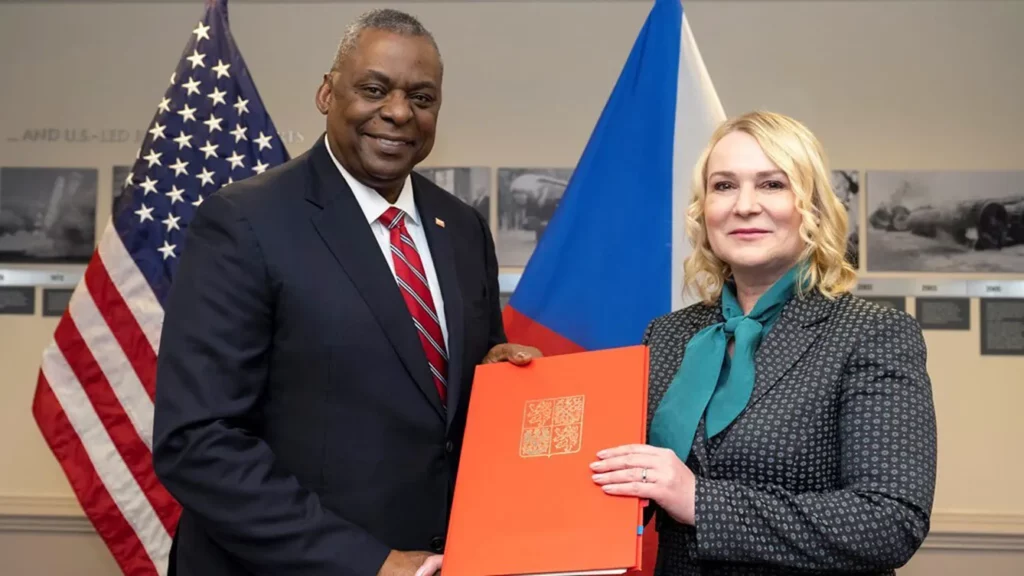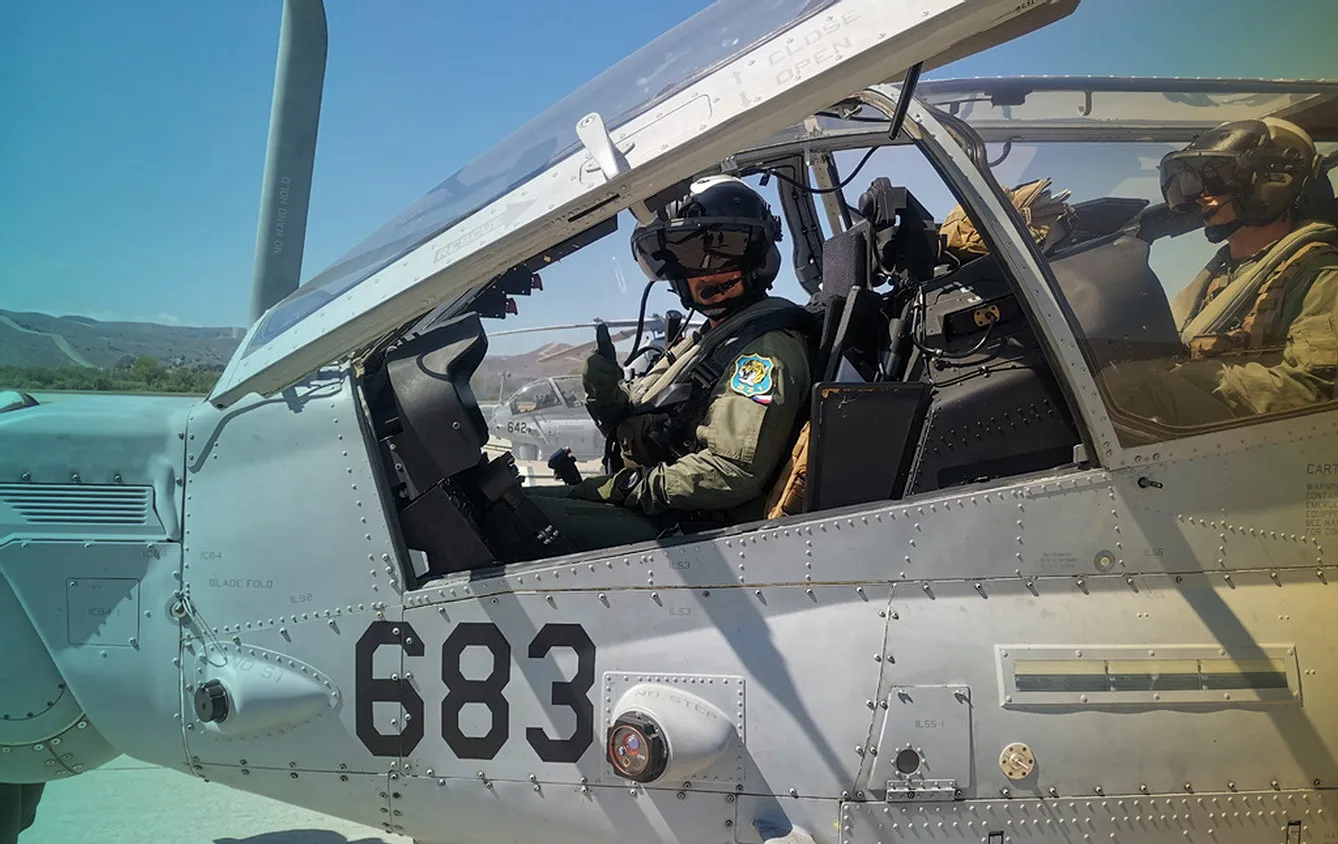The dramatic development of the security situation in the world, mainly because of the Russian invasion of Ukraine, requires the adoption of adequate measures also in the security system of the Czech Republic. That is why the government, and the military, are updating their security strategy in several key areas: diplomacy, equipment modernization, logistics, and communication with the public.
Thus, the new strategic plans show the need for modern equipment and vital supply lines. The latest Ministry of Defense documents also use a word that has not been used in the Czech Republic since 1938: mobilization. But how to do all this without making plans too ambitious and, above all, without frightening the population?
Diplomatic strategy
The most crucial step in the defense of the Czech Republic since 1999 was the signing of the so-called DCA in May 2023. In 1999, the Czech Republic joined the North Atlantic Treaty Organization (NATO) and, in 2023, signed a direct defense treaty with the United States of America.
The DCA, or the Defence Cooperation Agreement, is a strategic document that significantly regulates defense cooperation between the United States and the Czech Republic beyond the NATO framework. The signing was preceded by months of negotiations in Prague and Washington, D.C.



The treaty provides a legal framework for much closer military cooperation between the two countries. It sets out rules for the possible residence of members of the U.S. armed forces in the Czech Republic. The treaty also significantly facilitates trade in important military material between the two countries and removes the rest of the barriers that have stood in the way so far.
The treaty has caused much controversy, and many veterans of the Soviet occupation warn of a new occupation. And while these claims are understandable, they are not justified. Moreover, DCA is nothing unusual. A similar agreement was signed in 2020 by Poland, which was visited by the then Secretary of State (Secretary of State for Foreign Affairs) of the United States, Mike Pompeo.
Modernization strategy
Even before the outbreak of the armed conflict in the East, the Czech army was planning major modernization projects. After the war broke out, many of these projects became a kind of barter trade within NATO. As part of these exchanges, the Czech Republic received Western military equipment in exchange for equipment donated to the Armed Forces of Ukraine.
That was the case with Czech helicopters and tanks. For example, the Czech Republic received 14 German Leopard 2A4 tanks for the tanks donated to Ukraine. For the helicopters sent to the invaded country, the Czech Republic then received American helicopters: two UH-1Y Venom multirole helicopters and six AH-1Z Viper attack helicopters. In addition to these donated units, the Czech Republic will purchase 8 more Venoms and 4 Vipers.
But besides these barter deals, the Czech Republic is planning significant acquisitions. A contract has been signed to purchase 246 new CV-90 infantry fighting vehicles from Sweden. Plans are also underway to buy American fifth-generation F-35Lighting II fighters.
All these purchases, including new French Caesar howitzers, Israeli radars, and drones, will become the new backbone of the modern Czech army, which will be able to respond to the threats of the modern battlefield. Significant is the attention newly dedicated to drones. The Czech military has not paid particular attention to drones so far. After their strategic importance was demonstrated in Ukraine, this approach was radically rethought.
Logistics strategy
However, the modernized army will have much more demanding logistics requirements. The army management is trying to respond to this with a revised logistics strategy for the coming years. The most critical project in this regard is constructing a new army logistics center in the northeast part of the Czech Republic, in Karviná near the Polish border.
The 50-hectare center will serve the logistical needs of the Czech Army, especially for transporting material and equipment of Czech soldiers.
Like any military facility on the territory of the Czech Republic, the logistics center will be able to support both the Czech army and allied troops as they pass through Czechia. It will also logistically support allied joint exercises conducted on the Czech territory. It will include administrative and other buildings, storage halls, paved and unpaved areas, and storage of materials and containers. The center will house approximately 300 soldiers, mainly logistics specialists.
The new logistics plans also include thorough plans for reconstructing roads and railways across the Czech Republic. Recent investigations have shown that not all roads used for army logistics are in adequate condition. As a result, the Ministry of Defense has made a public commitment to co-finance the repair of these infrastructure nodes.
Homefront strategy
Changing the mindset in society is the most challenging task facing army officials and, eventually, all Czechs. Until now, the European population has not been used to major military conflicts close to its borders. The war in Ukraine was thus a very significant and palpable shock. Of course, we are not saying people should get used to war close to their homes.
However, the events of the recent past should be taken as a wake-up call. Thus, the main lesson should be that some non-democratic states are capable not only of military provocations but also of open acts of aggression. What Europe could boast of for the last 77 years, namely that it has not experienced any major open conflict aimed at significant territorial gains, has unfortunately disappeared. Therefore, it is crucial not to succumb to war hysteria and despair but to prepare conscientiously for all eventualities.
The Czech army has begun to examine how prepared it is for a possible mobilization, so far only on paper. But just this mere mention in the media has caused great fear among the citizens of the Czech Republic. Mobilization is, after all, a word that Czech society has not heard for 85 years. It is, therefore, a very sensitive subject, and navigating its waters is perhaps the most challenging thing the army will have to do.
But as the old saying goes, “Fortune favors the prepared.” And as the first President of the United States, George Washington, said, “To be prepared for war is one of the most effectual means of preserving peace.







